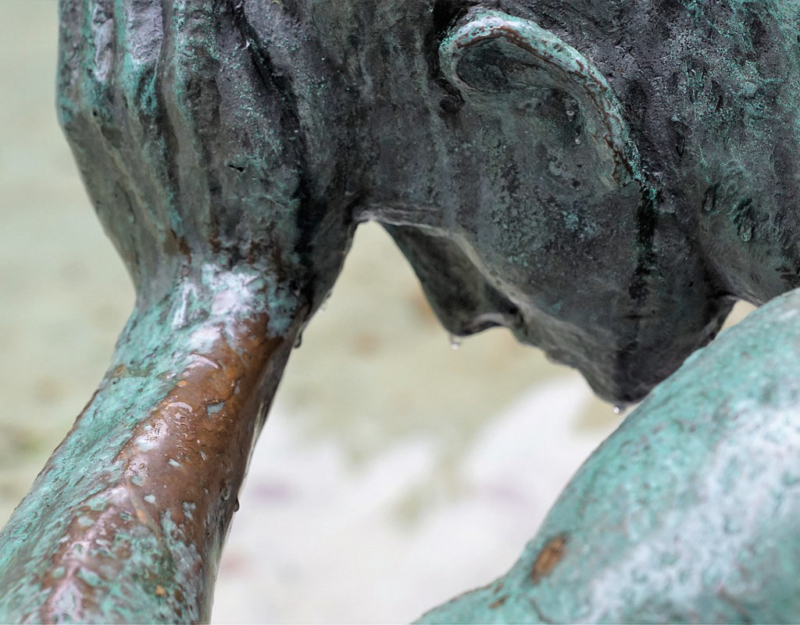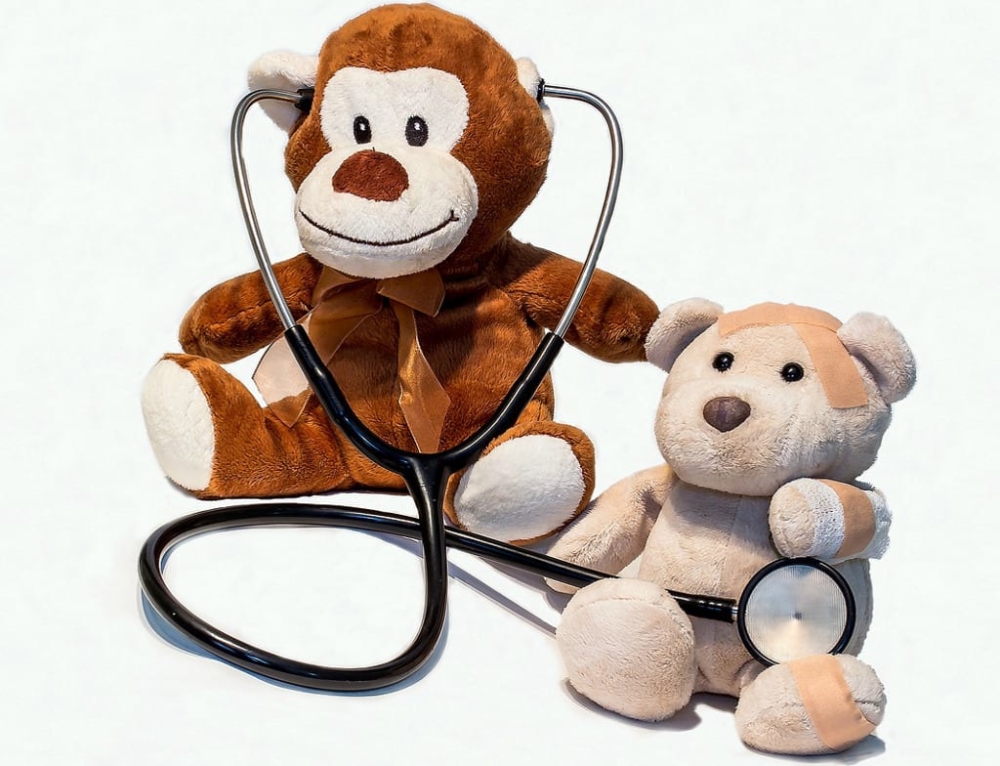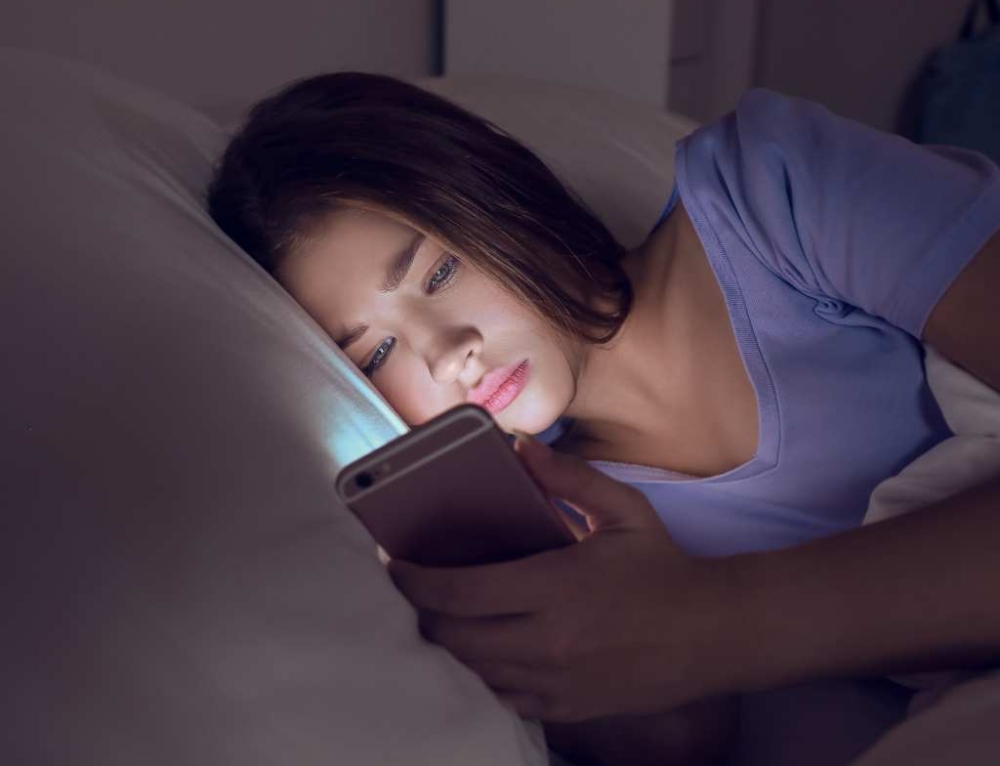When my 12 year old daughter was diagnosed with concussion after a sports injury at school in 2014 we didn’t expect her to be one of the 10% who have concussion for longer than a few weeks.
For those first few weeks we closely followed the instructions given to us by the hospital – low stimulus (no reading or screen time), lots of rest, time off school. We arranged a gradual return to school – half days, then full days, and we picked her up early several times when she had a bad day or couldn’t cope with the noise of the school bus.
Ongoing concussion symptoms
After a few weeks we realised that the symptoms weren’t improving – she still had light and noise sensitivity, fatigue, headaches, double vision, and claustrophobia. We went back to the doctor and asked for a referral to the concussion service. This resulted in assessments by a neurological physiotherapist, paediatrician and also a referral to a vision specialist. We attended concussion service for several months and ruled out some causes/ problems and identified others, such as some anxiety around enclosed spaces and contact sports. We also attended vision retraining for the best part of a year and our daughter felt this helped her vision.
“… no movies or computer use, no public swimming pools or buses, no contact sports, less physical activity – all of these triggered her headaches. “
After the first year a new referral to the concussion service was declined, and we went back to ACC for help. They were helpful and arranged private support for managing the anxiety. At this stage activities such as school and social activities were still being affected – no movies or computer use (sensory overstimulation), no public swimming pools or buses (noise), no contact sports (anxiety), less physical activity (fatigue). All of these triggered her headaches. She often appeared restrained and flat – the best way we could describe it was that she had lost her bounce. Over the next year we pushed for further assessments of varying kinds to try and address these main ongoing issues.
Over the next two years we saw gradual improvements but the residual symptoms were chronic headaches, fatigue and memory loss – with the headaches being the main limiting factor in her recovery. Through the public health system we met an amazing paediatrician who treated the chronic headaches in their own right. With the right medication these are now gradually improving, and have allowed her to increase her participation in her usual activities.
Support from school
Some of the best support we had was from her schools. We provided a lot of information to the schools initially from the hospital, then the reports from specialist services. School said they appreciated this and with our daughter they put in place strategies for helping her manage her days, including ability to leave class if the noise became too great, e.g., being able to leave early, alternative PE activities, and providing written material instead of online. We are lucky that our daughter was able to clearly articulate when she was having a bad day or moment and school allowed her to mange her own concussion needs. The same occurred when she started high school. Once NCEA started we were approached by the school SENCO about applying for extra time for exams, and again we approached ACC for a neuropsychologist assessment to support this.
After 3 1/2 years our daughter attends school full time, travels on buses, she dances after school, she works part time and is achieving well in her school work. She can tolerate noisy places, and the visual issues have mostly resolved. The need to balance and manage her activities is still there and we have the occasional bad day following over exertion. Strategies are in place to manage memory loss and fatigue. Only once in that time have I heard her complain, “why me?”.
Healing continues
The impact on our family has also been noticeable. Our younger children have had to adjust to the need for increased quiet times and scheduling activities around their sister. As parents we have had to take regular time off work for medical and therapy appointments. She has had to miss out on activities that she loves. It has been an emotional roller coaster, and there has been a lot of uncertainty around timeframes and recovery.
We have had to advocate strongly for our daughter and to often not accept no for an answer and learn to ask the right questions to seek alternatives. We found there wasn’t really anyone who coordinated the various services, or suggested treatment pathways or options after the first few months of concussion – we did a lot of this ourselves. We learned that while she may not have any actual brain damage that the healing process continues long afterwards. We were frequently told it will just take time to recover – the uncertainty of this is frustrating beyond belief. It’s hard to see your daughter in pain, and we wanted the headaches addressed believing it would help the other problem areas (it seems to have done so).
Support and kindness
The journey of living with a child with a chronic condition isn’t all negative. We are lucky to have family and friends who have helped with transport, days off school, appointments and just general moral support and kindness. We have discovered our resilience and that we will do whatever it takes for our kids to get what they need. We have learned a huge amount about concussion, brain injury and balancing life. Our daughter has amazing friends who have supported her through the whole time and alerted adults when she is struggling with symptoms. At the end of the day we have a 15 year old who has chronic headaches – as the paediatrician says that is not normal. The journey isn’t over yet but most days now our daughter has her bounce back.
This blog was written by Rachel, a mum of three (name withheld).
Read more on Kidspot:







I have a friend going through this now with her daughter she fell of a horse and she thinks it is going to be a long process at the moment she can only attend half days some days and every second day and can’t tolerate much noise or the school bus it sounds the same as what she is going through. She is finding there is not much help out there for children when this happens and acc does not help out much.
Wow that sounds terrible!! I’m always fearful of head injuries. My nephew had an awful trampoline accident when he was about 5, fractured his skull and had concussion. Was a long road to recovery for him. Really makes a difference to get good help and support